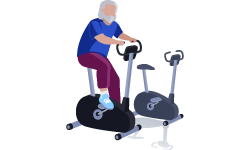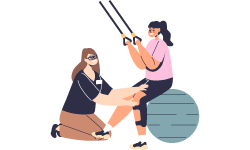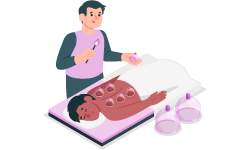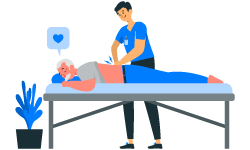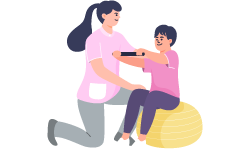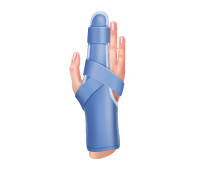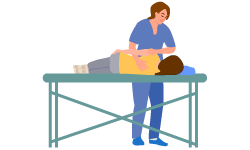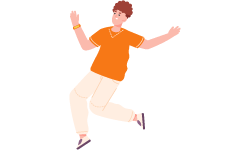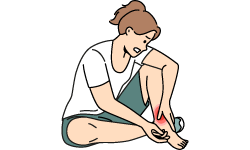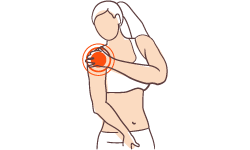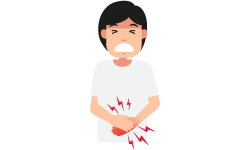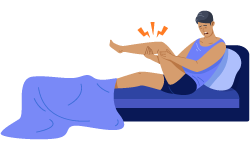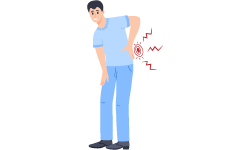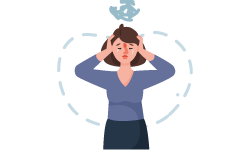- Know Meniscus Injuries: Menisci – C-shaped cartilage of the knee – may be damaged by an accident or wear and tear, leading to pain in the knee, swelling and reduced ability to move.
- Diagnosis: Diagnosis involves a thorough examination by a physician, reviewing past medical records, and possibly using an MRI scan to confirm any damage caused to the meniscus.
- Treatment: Physiotherapy is essential in preventing meniscal injuries. It employs various techniques for mending the damage and relieving pain while also enhancing the knee’s strength.
- Physiotherapy Benefits: Thorough examination by competent physiotherapists tailored treatment plans based on specific needs, pain control measures, and individualized care all lead to effective management of meniscal injuries.
Our experienced team of physiotherapists is committed to helping you manage your symptoms and regain mobility. The process in which PhysiofyMe can support your recovery from a meniscus injury starts with a comprehensive assessment. This comprehensive evaluation by our trained physical therapists will be done on your meniscus injury, knee range of motion, muscle strength, and symptoms to come up with an individualized treatment plan.
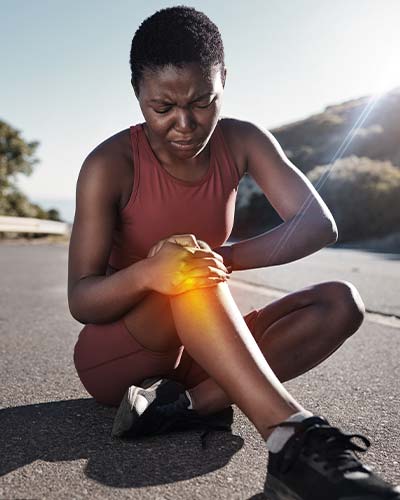
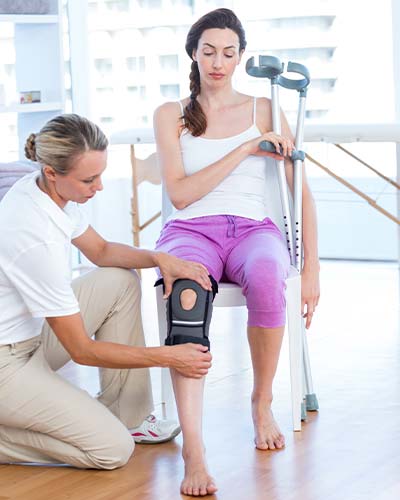
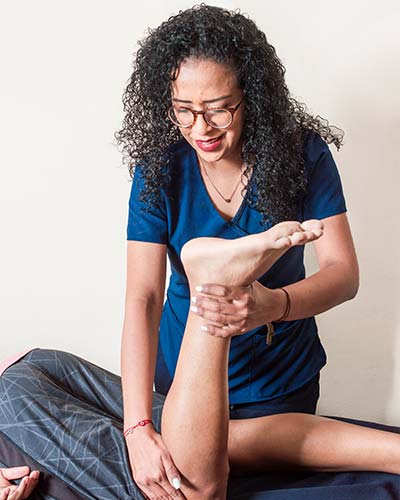









 1st Feb 2024
1st Feb 2024
 23rd Jul 2023
23rd Jul 2023
 23rd Jul 2023
23rd Jul 2023
 18th Jul 2023
18th Jul 2023
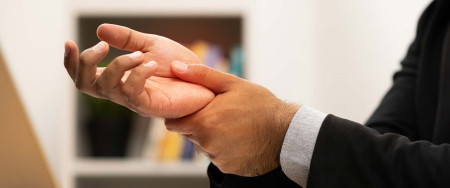 16th Jul 2023
16th Jul 2023
 16th Jul 2023
16th Jul 2023
